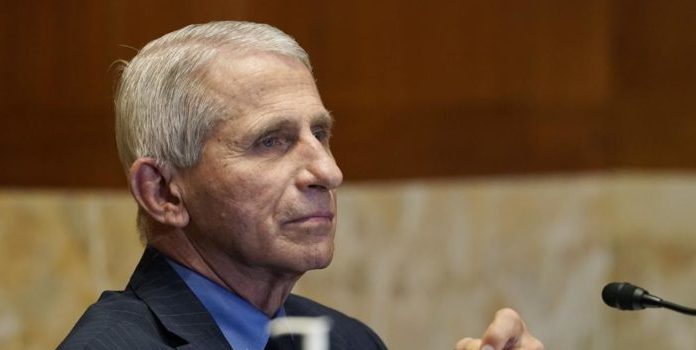(Jacob Bruns, Headline USA) In order to make drug use more commonplace and more accepted in rural America, President Joe Biden and his administration have allocated nearly $4 million to supply small Appalachian towns with drug vending machines.
Appalachia has been ravaged by drug use for decades, most recently falling prey to the opiod crisis.
The Left’s solution? Help people take drugs safely and make them feel less bad about it, the Washington Free Beacon reported.
The project, which was launched last month, is being pushed by Dr. Anthony Fauci’s National Institutes for Health. The federal bureaucrats call the drug vending machines “harm reduction kiosks,” and plan to provide “injection equipment, naloxone, fentanyl test strips, hygiene kits, condoms, and other supplies.”
For cover, the machines will also include “food kits, water, socks and gloves, feminine hygiene products, wound care, and resources/guides.”
The idea is that drug addicts will be able to acquire the necessary drug-taking equipment, such as syringes, without needing to deal with the stigma of visiting a doctor or nurse.
“Harm reduction” has become a trendy approach to hard drugs in recent years, especially in Western nations. Australia and Canada in particular have started programs distributing smoking kits and crack pipes to help consumers consume more safely and scientifically. The Biden administration has even had its go with distributing free crack pipes.
Holy shit. The Biden admin actually gave out crack pipes 😂 pic.twitter.com/JC0vUuCRUi
— Libs of TikTok (@libsoftiktok) February 24, 2022
A number of states have attempted to imitate the model, with California at the forefront of drug-supporting innovation.
For example, the leftist state has debated on numerous occassions the best way to allow for drug addicts to take their drugs under state guidance.
“The time has come for an all-hands-on-deck approach to California’s overdose death crisis, and safe consumption sites are a proven strategy to save lives,” Democrat State Sen. Scott Wiener said in a statement last winter.
“Public health interventions to address this crisis exist, and they are working well in other countries,” he added. “We can’t keep saying no to safe consumption sites and hope that somehow our challenges around addiction, overdoses and mental health will just go away.”

